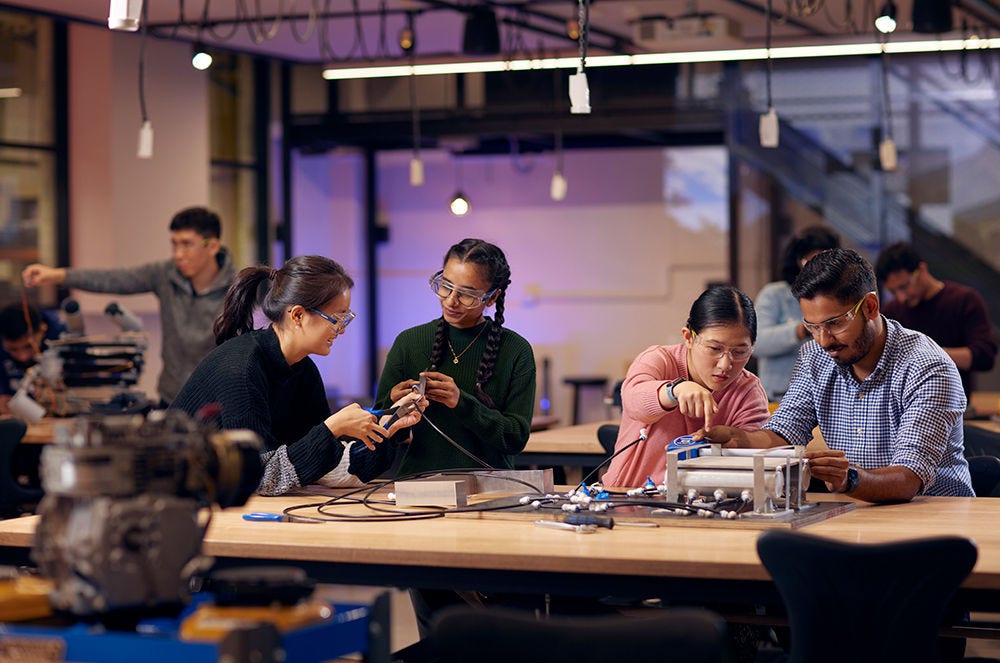Why Master of Engineering (Materials)?
Materials engineers help drive technological progress in virtually every industry. Their understanding of material properties and behaviours enables them to create materials that meet specific performance criteria – for medical, defence, manufacturing, energy or aerospace purposes.
Whether you’re a chemical engineer looking to extend your skills or an engineer wanting to cross-train in an additional discipline, our Master of Engineering (Materials) will provide all the necessary skills for your future career.
Combining advanced theory with countless opportunities to hone your skills in professional settings, you’ll graduate with everything you need to take your engineering career to the next level.
Overview
Our Master of Engineering (Materials) is crafted to challenge and extend your capabilities, helping you elevate your electrical engineering career to the next level.
With our elective-driven degree structure, you can tailor your studies to your specific chemical engineering interests and career goals. Whether that’s quantum materials, advanced engineering of biomaterials, 2D materials, optical engineering or energy materials, you’ll have a range of courses to choose from.
Core courses in engineering management and data analytics will enable you to deepen and formalise your project management expertise. Through capstone design and major research projects, you’ll put your learning into practice, developing teamwork and communication skills, building professional networks, and enhancing your employability.
These experiences collectively ensure that you will graduate with the advanced technical and professional skills necessary to make an impact in your future career.









